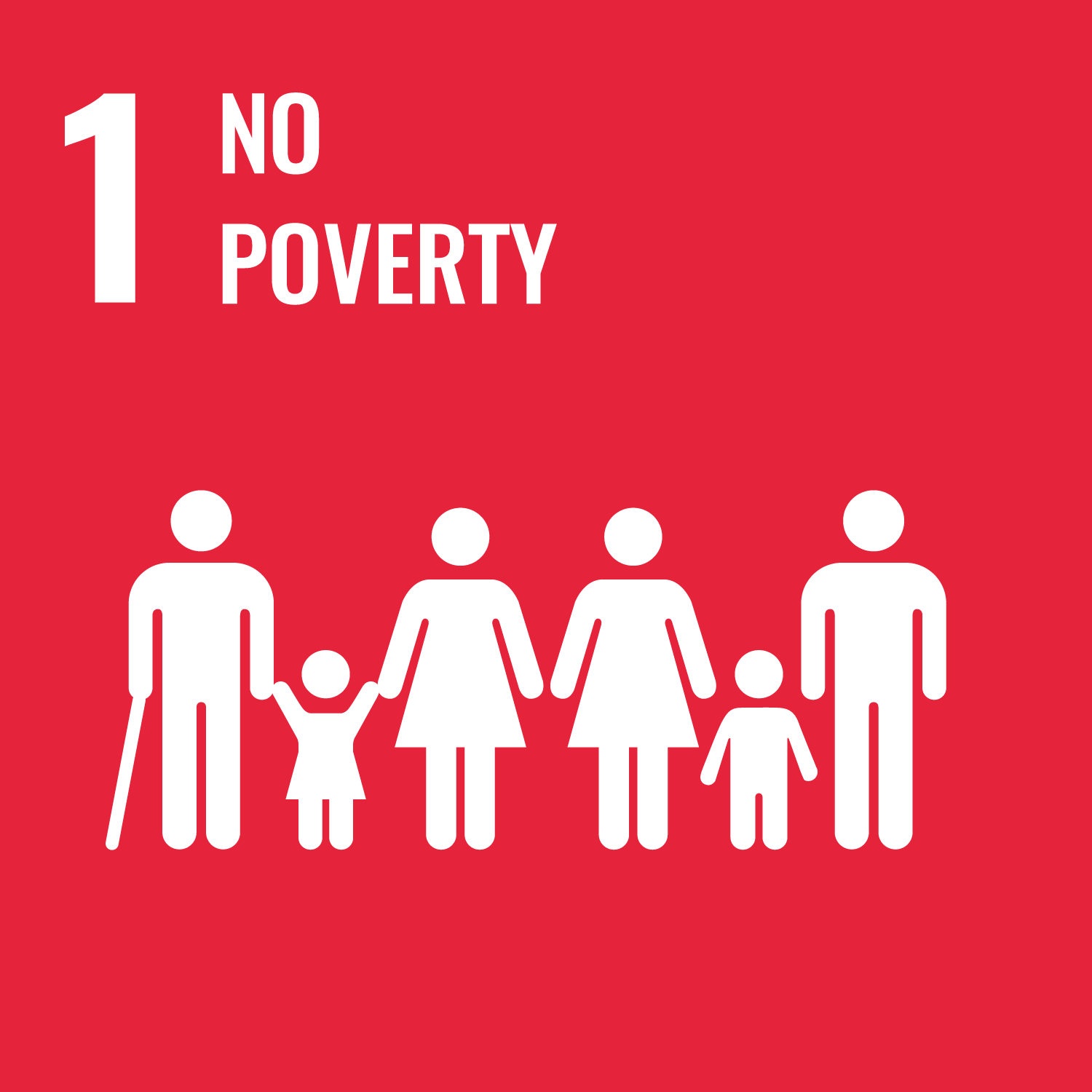SDG Detail
P8588Health Disparities and Public Policy
Postgraduate courseProject description
It isn�t surprising is that, in the US, people that live in lousy housing, have limited access to health care, and work in risky jobs live unhealthy lives and die prematurely. But can providing a robust welfare state really more than make up the difference? We can be relatively certain that the chain smoking, alcohol drinking French and Japanese do not have a healthier lifestyle. So why is it that the French and Japanese so dramatically outlive white, native-born Americans? Health disparities are differences in the burden of disease between communities or socio-demographically defined groups of people. They can arise as a result of limitations in access to medical care or other social resources, but might also arise from perceptions (e.g. discrimination or a sense of being treated unfairly) or other daily stressors. Though socioeconomic disparities were recognized in the ancient medical writings of both Eastern and Western civilizations, remarkably little is known about why disparities lead to morbidity and mortality. More importantly, little is known about which policies work best to reverse the impact of disparities on health and civil society. Unlike a class in the socio-medical sciences, this class focuses primarily focuses on the policy implications of socio-economic disparities. From a policy perspective, solutions must be causally linked not only with reductions in poverty (or increases in education), but also to improvements in health. Taking this one step further, they must also be cost-effective to be worthwhile. We ask whether it is more cost-effective to address disparities in access to care, or to treat some of the underlying causes of these disparities with policies that address education quality, income distribution, market regulations, disability insurance, and other forms of social insurance.
Project aims
?
Project outcome
?
Related SDGs
The corresponding sustainable development goals correlated with this project. You you click the icon to link to SDG category description page.











